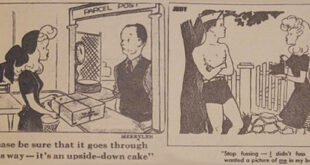In the parlance of estate planning, “portability” refers to the ability to transfer unused estate tax exemption of a deceased spouse over to the surviving spouse, who can then add it to his or her own exemption.
By doing this, it may be possible for the surviving spouse to use those accumulated exemptions decades later to shield assets from the state tax at his or her death.
But portability is not a magic bullet, and there are risks if you don’t plan ahead.
You need to be aware of the following limitations:
1) Portability does not apply to state death taxes.
2) Illinois estates can still be at risk of state death taxes.
3) Portability is unavailable for multi-generational or GST tax planning.
4) Portability is not automatic. The executor of the deceased spouse needs to elect to report the exemption of the deceased spouse by filing a federal state tax return, even if such a return is not otherwise needed.
5) Unfortunately, portability wipes out the ability to use various non-tax beneficial tools such as leaving property in trust for the surviving spouse, and the children, and thus providing such added value as creditor protection and divorce protection.
Our clients are visiting our office with outdated wills and trusts that were drafted during the period of high estate taxes.
Now that we are in a low estate tax environment and should be emphasizing income tax more than the estate tax savings, we need to look at portability more than ever.
However, remember portability works well in some cases and not well in others.
Still think that you don’t need to have that old estate plan reviewed and updated?
Think again.
For more, call 847-292-1220, e-mail abferraro@abferrarolaw.com or visit www.ABFerraroLaw.com.
 Fra Noi Embrace Your Inner Italian
Fra Noi Embrace Your Inner Italian






